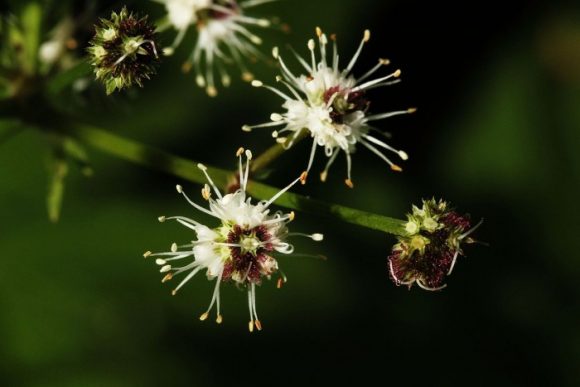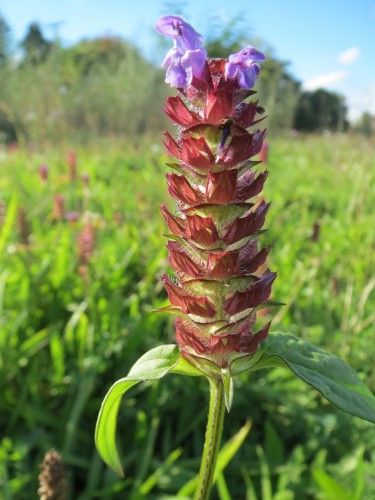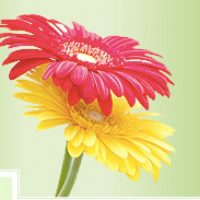All posts tagged woundwort
Sanicle: A Common Herb With Excellent Medicinal Qualities
Sanicle, botanically known as sanicula marilandica, is a herbaceous, flowering plant. It is native to British Columbia and the northwestern region of the US. The plant also goes by other names such as pool root, wood sanicle, and black snakeroot. It thrives in well-watered areas with rich soil and preferably under shade. Continue reading [...]
Heal-all: A Potential Cure For HIV?
Heal-all, self-heal, woundwort, botanically known as prunella vulgaris is a flowering herb native to Britain but now grows in most parts of the world. The plant thrives in open spaces and among short grass on waste ground. Continue reading [...]


